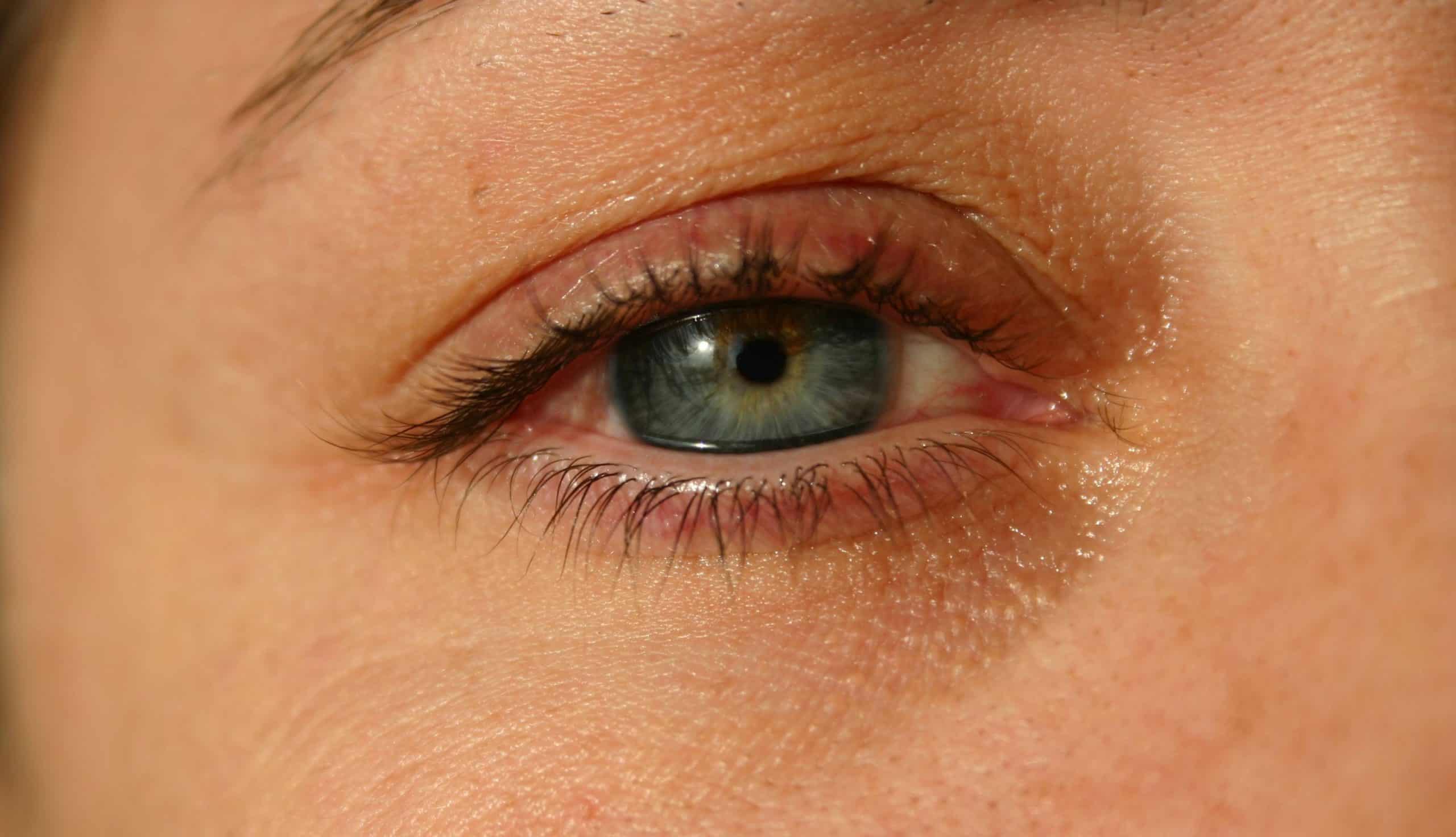Is Conjunctivitis Contagious?

Conjunctivitis is a common eye infection, especially in children. There are three different types of conjunctivitis – bacterial, viral and allergic.
While allergic conjunctivitis is not contagious, viral and bacterial conjunctivitis can be passed to others as long as there is discharge from the eyes.
What are the symptoms of conjunctivitis?
There are a number of symptoms associated with conjunctivitis, including:
- Eye redness and irritation
- Watery or excessively teary eyes
- Pus-filled discharge
- Gritty sensation in the eye
- Light sensitivity
- Eyelid sensitivity
- Vision loss or pain
The discharge is the main symptom to look out for if you are worried about spreading conjunctivitis.
While the symptoms of conjunctivitis can be uncomfortable and irritating, if you get vision loss or pain you should see a doctor or optometrist as soon as possible.
What’s the difference between viral and bacterial conjunctivitis?
While they appear similar and have many of the same symptoms, there are a few differences between viral and bacterial conjunctivitis.
Bacterial conjunctivitis has a stickier, more yellow discharge than viral conjunctivitis. It’s easier to spread bacterial conjunctivitis from one eye to the other, but it goes away faster than viral conjunctivitis.
Viral conjunctivitis can take up to three weeks to resolve, and the discharge is usually white and stringy. With viral or allergic conjunctivitis, you may also have other symptoms like sneezing or an itchy nose.
While antibiotics can be prescribed for bacterial conjunctivitis, they will not work for viral conjunctivitis.
How do you catch conjunctivitis?
Conjunctivitis is highly contagious and can easily be spread between people or from one eye to another. You can develop it by coming into contact with the discharge from the nose, eyes or throat of a person who is infected, or by touching contaminated objects like towels or fingers.
How is conjunctivitis treated?
Your practitioner will diagnose conjunctivitis by asking you about your history and symptoms, and by examining your eyes and any discharge. To help with diagnosis, they may use a coloured dye to show up any damaged areas on the surface of your eye. Treatment often takes the form of eye drops or ointment. Conjunctivitis symptoms can last for between two days to three weeks.
How can you avoid spreading conjunctivitis?
While you have an eye discharge you will remain infectious. It’s important to keep children home from school until the discharge has cleared up. At home, be vigilant about hygiene and use separate towels for each family member. Always wash your hands after touching your eyes to reduce the risk of it spreading to other members of the household.
When should you see a professional about conjunctivitis?
If you suspect you have conjunctivitis, seek professional help for diagnosis and treatment. If your vision is affected or you are in pain, is possible that there may be another issue like something in the eye or an ulcer to blame, so it’s important that you see a doctor or optometrist as soon as possible.
Conjunctivitis is highly contagious, but with quick diagnosis and the right hygiene measures, you can reduce the chance of passing it on to others and start feeling better sooner rather than later!
Share on


















